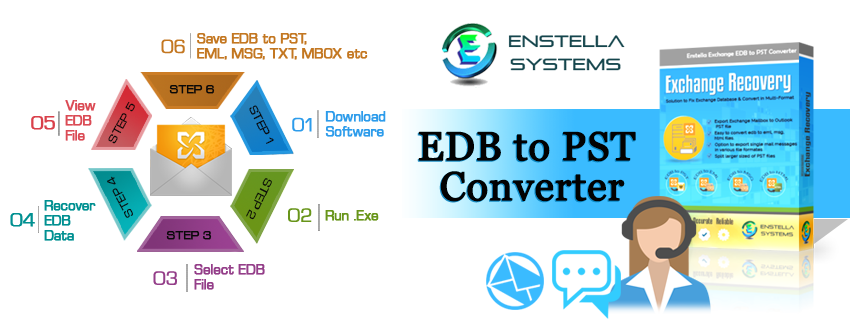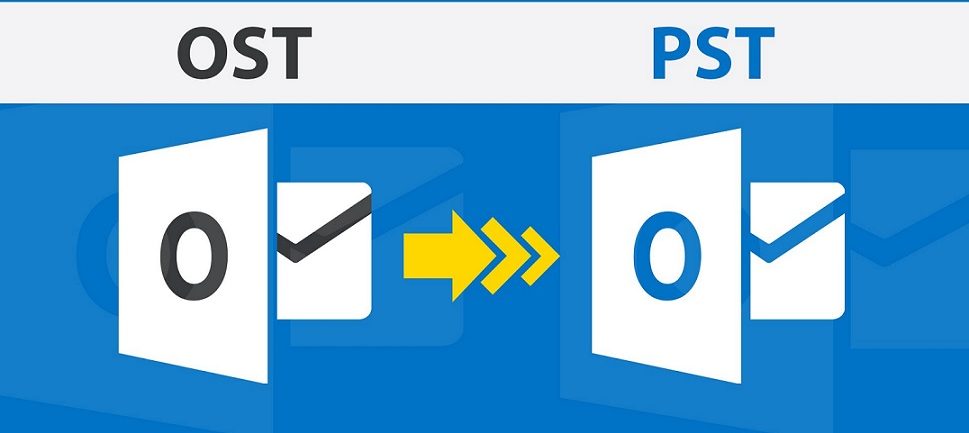If you want to take your business conversion through the roof, it is necessary that you set realistic Search Engine Optimization (SEO) goals. SEOs are always in search of new ideas that they can add to their business strategies armory to meet both company and marketing goals. However, SEO being a volatile and evolving industry (where changes occur in-fraction of seconds) it is not mandatory that every strategy will brew results, especially when everyone is working on the same.
The first and foremost goal of every SEO is to make a website’s presence feel for the search engines to scan and map the content on your website. However, with Search Engine Algorithms becoming complicated and highly advanced it is very difficult to figure out how crawlers and spiders look at a website.
Nevertheless, such problems can be tackled by practicing SMART SEO techniques in the correct manner. Visitors are very choosy. They are always in search of interesting and unique content to gaze their eyes. Unarguably, outdated SEO practices won’t help you figure out what users want. So, using Smart and effective SEO techniques is only the way through.
In this post, I am going to look at the SMART goals methodology that can help you set and achieve aggressive, yet realistic SEO goals.
Begin with Setting up Realistic Goals
Begin smart is not about making a plan by yourself, working on it and expecting it to work. A lot of people do not realize that marketing is all about team effort and realistic goals. You and your team need to work together, scouting effective marketing practices and goals accordingly.
- What are your company goals?
This is what our company is trying to achieve this quarter or this year or this month. These could be long-term goals or short-term, depends on how well the company performed during the previous session. - What are your marketing goals?
If you do not know where you are going, how would you know when you get there? How would you know how effective your marketing is if you do not know what you want it to accomplish? So be clear about your marketing goals. Smart SEO can help you achieve higher SEO rankings by optimizing your website for relevant keywords and phrases. Marketing goals should be tied directly to the company goals so that anyone and everyone in the organization can clearly see, “Here is why we are doing this or that strategy.” - What are your SEO goals?
Here is how SEO contributes to those marketing goals. So if the goal is to increase traffic, you need to figure out what SEO practices will work and what are the outdated once. All depends on your former experiences. SEO could be very broad in their targeting you need to find the right tactics you can put your earning potentials on. Increase SEO success to drive organic traffic to your website and boost your online visibility. - Specific metrics to measure and improve
From those SEO goals, you can get the outcome of specific metrics to measure and improve.
Aim for Google’s Rich Answer
Why aim for top 5 spots on Google search when you can optimize for Rich answers. Rich answers on google results are snippet with incomplete information that lures the readers to click through.
Google may also use other formats such as charts, tables, sliders, maps and forms replacing text snippets. However, in some instances, you may consider it more useful to be ranking at position 1 for this term rather than appearing as an answer as people may not click through to your site if they have already read the information they were looking for.
Although rich answers appear only for 19.45% of Google search results, these numbers are assured to go up in the future. Google is continuously working on making internet faster and providing value to its users, and rich answers is one way to do it.
Now you might ask how to get into rich answers? Well, here is how:

Optimizing for rich answers requires you to optimize for your target keyword as well. Getting your page to rank on the first page of search engines will increase your chances of getting into the rich answers box.
Content wise, what you can do is:
- Answer common questions
- Share links to your page on Google+ etc. so that Google discover these pages quickly. Using the URL Submit tool in Google’s Search Console also works.
- Consider making content alterations
- Make it easy for users to get the answers they want
Focus on Google’s search quality guidelines
As a marketer, you should be well-versed with Google’s guidelines. Google’s search quality guidelines give an insight into what Google looks for in web pages and what it takes to top the search rankings.
Below are some key takeaways from the guidelines you can consider adding up to your marketing strategy.
- Expertise/Authoritativeness/Trustworthiness (E-A-T)
High-quality content is one factor that affects ranking, and that must come from E-A-T sources. E-A-Ts are experts in a particular field. For instance, medical information found online must come from accredited medical persons or organizations. - High-quality standards on Your Money or Your Life (YMYL) pages
These pages include shopping transaction pages, medical information pages, financial information pages, and similar sites. Such pages have the ability to affect the future happiness, health or wealth of users thus are kept under high-quality standards. Low-quality YMYL pages can negatively impact one’s happiness and health, so it is important to build useful pages under this umbrella term. - Enhancing user’s mobile experience
Web pages are evaluated on how they are optimized for mobile viewing and the satisfaction they provide to users about the search query. The guidelines are loosely divided into five ratings. A website can fall between the assigned ratings.
All the guidelines above point towards improving the mobile usability and overall experience of the user. Incorporate these guidelines into your SEO strategy to establish yourself as an influencer within your niche. Building your expertise and knowledge in your industry can earn the trust of your audience.
Measure what you can
SEO world is humongous, and there are not that many things we can measure directly. However, the things you can measure can help you give better insights as if your tactic is producing results or not. So things measurable goal metrics might be things like:
- Rankings
Rankings can be measured in three ways – globally, nationally and locally. You can consider any of the three according to your business reach. - Organic search visits
So this would be just the raw traffic that is sent from organic search. - Mobile friendliness
The truth is, a major section of the online customers is surfing the internet through their smartphones. Google has already programmed an algorithm that shows whether a site is responsive in nature or not, based on which they will be prioritized, and rank higher in mobile search results. They have given clear guidelines about how to make a website mobile in a friendly way. Use the Mobile-Friendly Test tool by Google to see if pages on your site are mobile-friendly or not. - Links and link metrics
So you can look at how well your links are doing online. You can measure that through things like the number of linking root domains, the total number of links. Authority or spam metrics and how those are distributed. - Branded search versus non-branded search
A good example is the homepage of most brands is most likely to get primarily branded search traffic, whereas resource pages, blog pages, content marketing style pages, those are mostly going to get unbranded. Smart SEO can help you boost organic traffic by improving your website’s ranking in search engine results pages (SERPs). Tracking your rankings is crucially important because that way you can see which pages show up for branded queries versus which pages show up for unbranded queries, which can help you build good models of branded search versus non-branded search visits based on which landing pages are going to get traffic. - Referral traffic
SEO campaigns, especially those that focus on links or improving rankings, are going to send referral traffic from the links that are built. So you can keep an eye on referral traffic and if they came from pages, where you built links with SEO intent or somewhere else. - SERP ownership
The user enters their search query, upon which the search engine presents them with a SERP.The result might contain things you do not like and do not want and things you really do want, and the success and failure can be measured directly through the rankings in the SERP. - Search volume
People who are trying to improve their brand’s presence and reputation on the web can look if their efforts are paying off through tools like Google Trends or through a Google AdWords campaign. So taking all of these metrics, these should be applied to the SEO goals that you choose that match up with your marketing and company goals.
Improving User Engagement is the only Key
User Engagement has always been a possible ranking factor that covers the average time a user spends on a website. For conversion, it is a proven factor that defines the effectiveness of page elements that add to the chances of visitors committing to your call to action.
However, the lack of data supporting it makes the factor difficult to measure. User engagement is something that all website owners need to optimize if they are serious about getting more out of their SEO efforts.
If your website appeals a visitor, they will stay on your site longer, visit more pages, help contribute to a lower bounce rate for your site overall, and most likely become a recurring customer.Thus, to help you stick users to your website focus on producing content that excites them. Blogs, infographics, videos, etc. Add more of visual content instead off textual content on a regular basis.
You may need to use tools to gain insight on how much interaction your site pages is getting from visitors. Heatmapping is one way to do it. The idea here is that the more clicks a page accumulates from its links, the more interaction it has with users.
Tools like SumoMe Heat Maps and CrazyEggcan be used for the same purpose. From here, you can see what links are clicked the most and least. You can then optimize your site by improving your CTA links and buttons based on the accumulated data.
In the rush to go digital and achieve results quickly marketers often start following what everyone is practicing. But remember in order to stand out you need to stand alone. Do things others are scared of doing. Be SMART enough to not follow the pack of wolfs rather create your own path that leads you to your goals.









